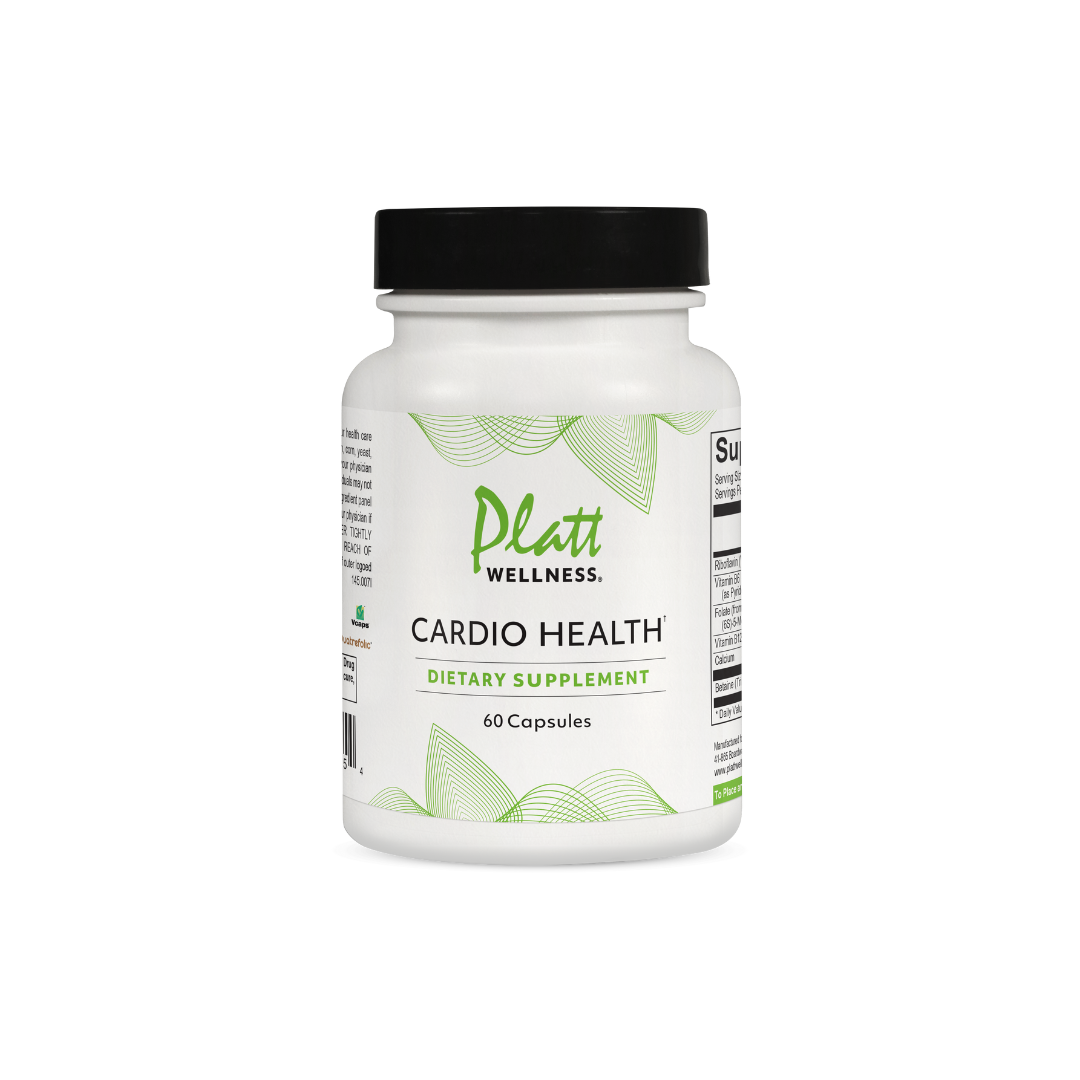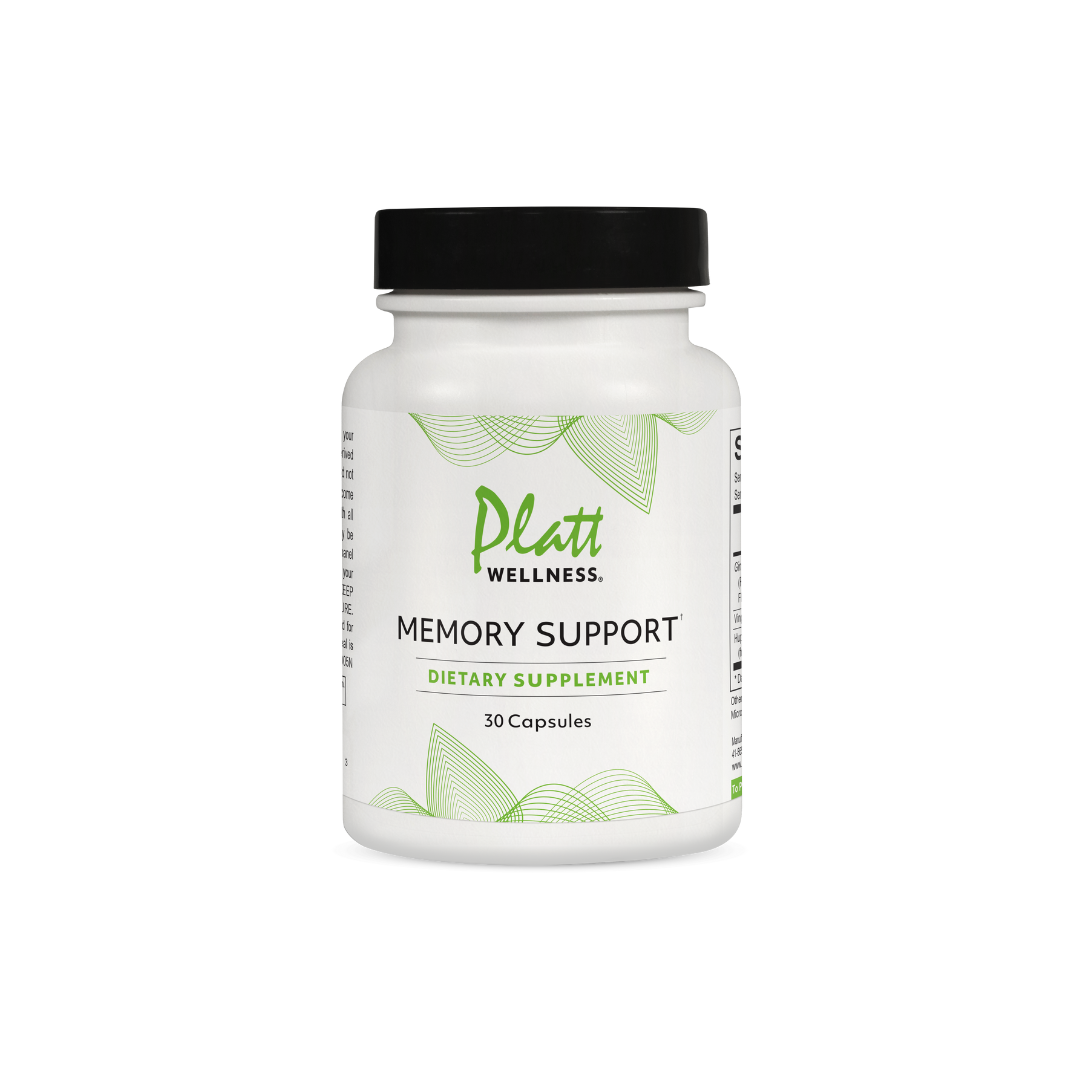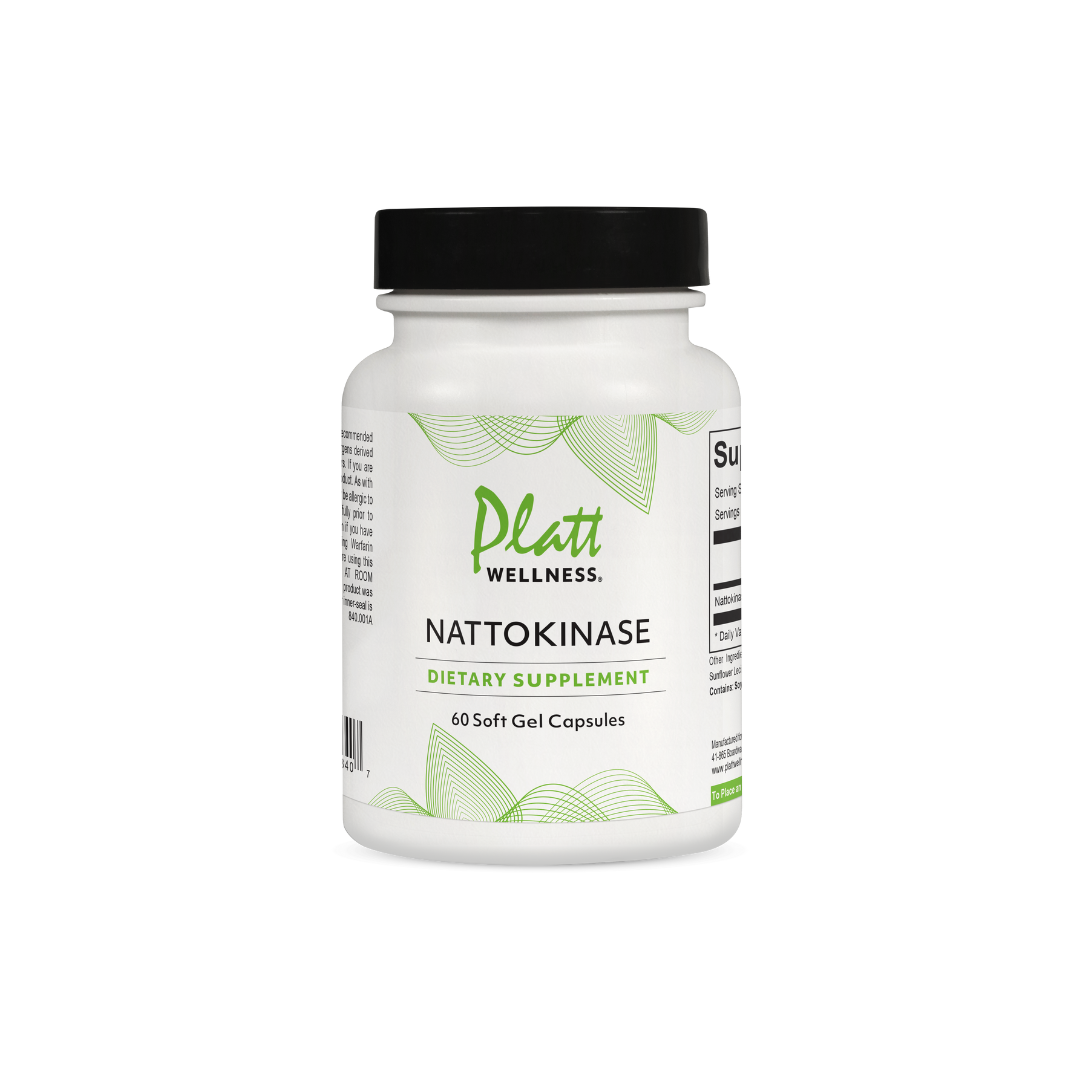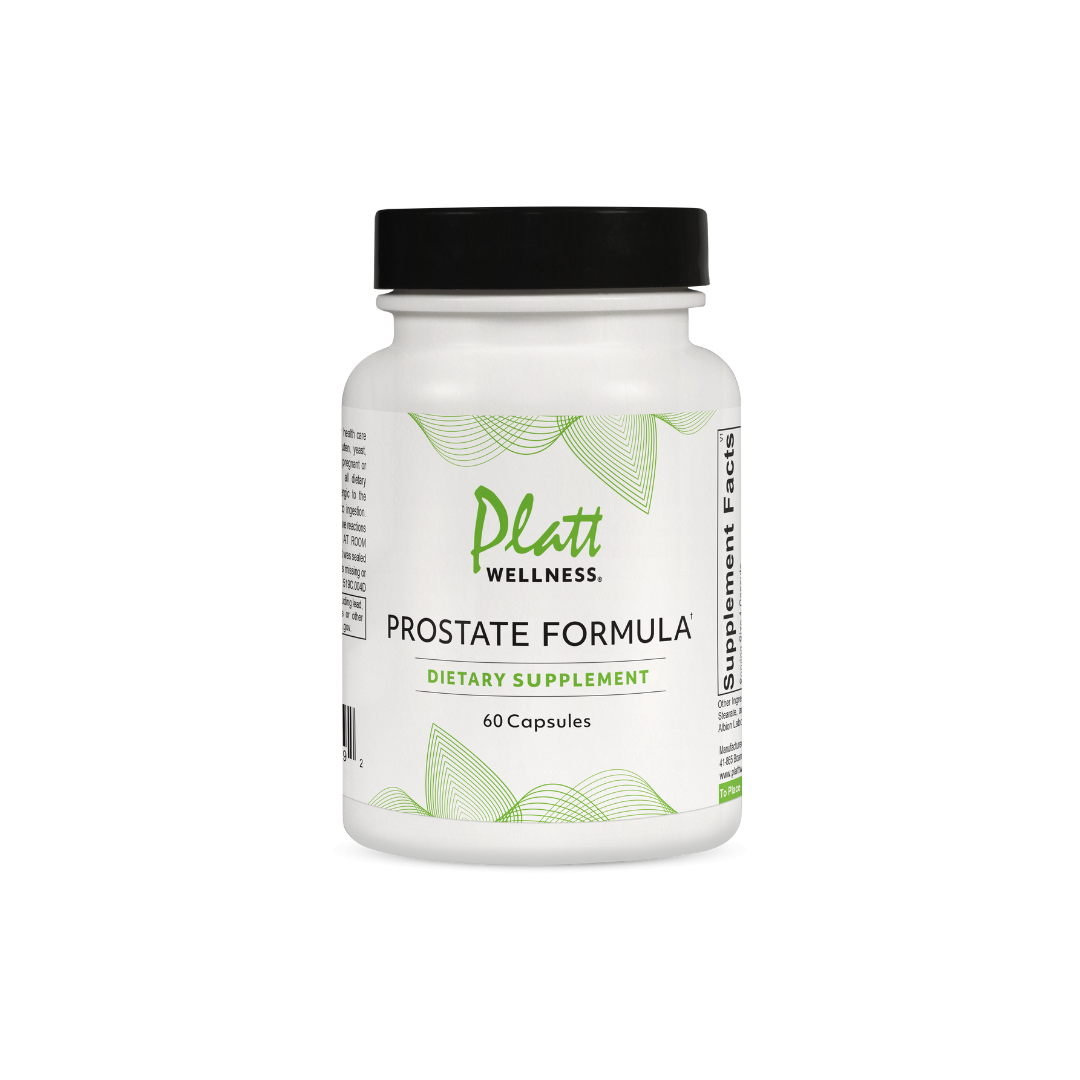Have you tried to losing weight through various diet plans and exercise programs and with no results?
There are several hormonal factors that could be causing weight gain. In fact, there are at least 7 reasons why you can't shed those stubborn pounds, including even more frequently and even gaining weight during your sleep.
1. Estrogen Dominance
One of the most common causes of HRT-related weight gain is Estrogen Dominance, especially when progesterone is too low. This can happen when:
- Progesterone dosing is too low or infrequent
- Estrogen levels are unopposed
- Estrogen is released into circulation (“estrogen kickback”) and not eliminated properly
According to pharmacist Carol Petersen (in this podcast episode), low progesterone can lead to water retention, fat storage, and mood instability—all of which can derail your weight goals. Proper progesterone levels not only balance estrogen but can also boost metabolism.
Therapeutic uses and dosing of progesterone
2. Cortisol, Stress, and Adrenal Fatigue
Chronic stress—whether from poor sleep, under-eating, over-exercising, or emotional strain—raises cortisol and adrenaline, which can:
-
Promote fat storage (especially around the midsection)
-
Impair insulin and glucose function
-
Worsen estrogen dominance
-
Deplete progesterone further
Many women on HRT are unknowingly operating in a constant state of “fight or flight,” and their adrenal health is compromised. A urine-based DUTCH test can be a great tool to assess your cortisol pattern.
Listen to Dr. Michael Platt on adrenaline dominance
3. Thyroid Function and Metabolic Slowdown
Even if your thyroid lab results are “normal,” your body might be experiencing subclinical hypothyroidism—especially if you’re tired, cold, or gaining weight without a clear cause.
Thyroid health is influenced by:
-
Nutrient deficiencies (selenium, iodine, iron, B12)
-
Liver function (conversion of T4 to active T3 happens in the liver)
-
Gut health
Your meals, macronutrient intake, and even meal timing can either support or suppress thyroid function.
Natural Thyroid Tool Kit
4. Gut Health and Inflammation
Your gut plays a huge role in hormone balance, detoxification, and metabolism. Issues like leaky gut, dysbiosis, and food sensitivities can trigger systemic inflammation, weight retention, and poor hormone metabolism.
Testing options include:
-
GI Map or GI Effects (for gut microbiome and pathogens)
-
MRT/LEAP (for food sensitivities)
-
Histamine intolerance screenings
If testing isn’t an option, try eliminating inflammatory foods—like gluten, dairy, refined sugar, and foods high in lectins—for 4–6 weeks. Then reintroduce slowly and monitor for reactions.
5. Insulin Resistance and Glucose Spikes
Even women with “normal” fasting blood sugar can experience glucose dysregulation, especially when hormones are in flux. Estrogen dominance, low progesterone, cortisol surges, and poor meal timing can all affect glucose utilization and contribute to fat storage.
Adrenaline & Cortisol could be the culprit of weight gain during sleep since your brain requires the most glucose in your body and drops around 2:30a to 3:00a. Your brain will then requests glucose at night and causes you to wake and most often urinate. Adrenaline is the precursor to raising insulin. And cortisol surges to balance adrenaline. Both adrenaline and cortisol increase blood sugar levels. What isn't used is stored in your fat, which causes weight gain during sleep.
Tips:
-
Fuel your brain with the appropriate protein with carbs
-
Avoid fasting if you’re under chronic stress
-
Eat frequent and balanced, nutrient-dense meals
-
Eat a small carb snack 1–3 minutes after dosing progesterone
Read more about glucose utilization in this free downloads including how to manage adrenaline through diet and hormone supplementation.
6. Environmental Toxins and Mold Exposure
Unexplained weight gain can also stem from hidden environmental toxins—mold, pesticides, fragrances, and chemicals in personal care or cleaning products. These toxins can:
-
Disrupt hormone balance
-
Impair detox pathways
- Contribute to chronic inflammation
Tips to Reduce Exposure:
- Choose fragrance-free or essential-oil-based products.
- Use glass containers or BPA-free plastics.
- Look for “paraben-free” and “phthalate-free” labels.
- Try DIY cleaners using vinegar, baking soda, and castile soap.
Detox Tip: Doing lymphatic work (dry brushing, gua sha, vibration plate), sauna or rebounding
7. Are You Eating Enough? Really.
It sounds counterintuitive, but under-eating—especially if you’re active or stressed—can slow metabolism, increase cortisol, and signal your body to store fat. Restricting calories, skipping meals, or fasting can lead to:
-
Adrenal burnout
-
Thyroid suppression
-
Blood sugar crashes
-
Weight gain over time
Make sure you’re getting enough protein, healthy fats, and carbs throughout the day to stabilize hormones and metabolism.
Read more about gaining weight in your sleep
Bottom Line
Weight gain or weight loss resistance during HRT doesn’t mean HRT is “wrong.” It’s a signal that your body needs more support. Consider this an invitation to assess your:
-
Hormone balance (especially estrogen and progesterone)
-
Thyroid, gut, and liver function
-
Adrenal and stress load
-
Nutrient intake and food quality
-
Environmental exposure and detox pathways
Hormones don’t work in isolation—they’re part of a complex, interconnected system. With the right adjustments, many women not only resolve their weight struggles but thrive on HRT.
Additional Resources:
Feeling stuck on your wellness journey?
Explore hormone testing, thyroid optimization, and gut health support through our free HRT Guides, or submit your question to questions@plattwellness.com. Learn more at plattwellness.com.








